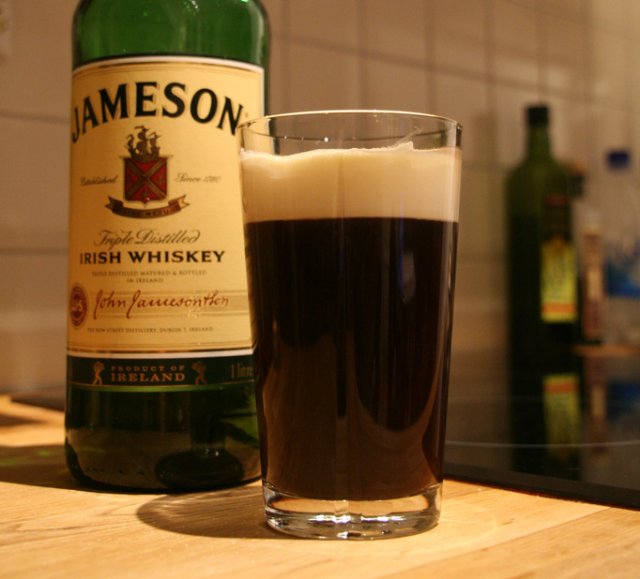Caffeine + alcohol keeps your chromosomes just right
Ars Technica » Scientific Method 2013-12-17

When cells divide, they must first replicate all of their genetic material. DNA replication is a very tightly controlled process; the double helix must be unwound, and the many enzymes involved must be coordinated to ensure that every nucleotide in each of our 46 chromosomes is copied exactly and only once. The system generally works pretty well, but the DNA replication machinery has a hard time with the ends of chromosomes, called telomeres.
Now, researchers have found that caffeine makes it more difficult for cells to copy the ends of their chromosomes. But that may be OK, since they also found that booze has the opposite effect.
Telomeres protect the ends of chromosome. Embryonic cells have a special enzyme, telomerase, that lengthens telomeres; after the cells specialize, however, they stop expressing telomerase. From there on, telomeres get shorter with each cell division since they are so difficult to replicate. Once telomeres reach a critically short length, the cell stops dividing altogether. Shorter telomeres are thus a hallmark of aging. Tumor cells start re-expressing telomerase, and their lengthened telomeres are one factor that allows them to divide indefinitely.
Read 5 remaining paragraphs | Comments




